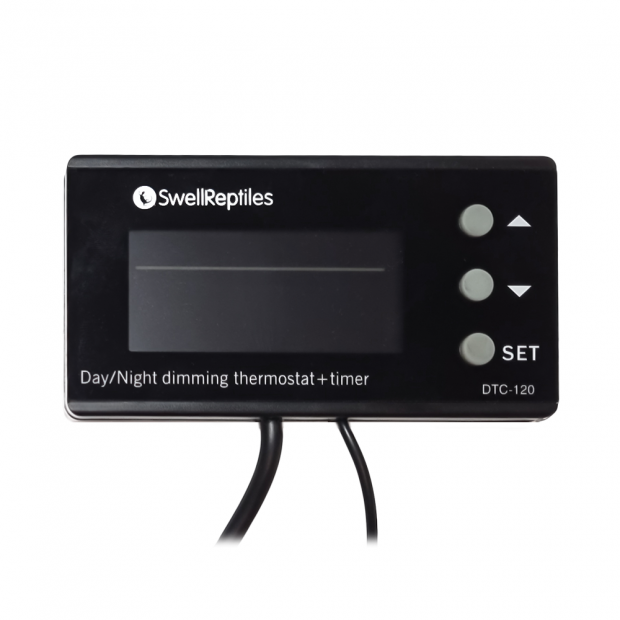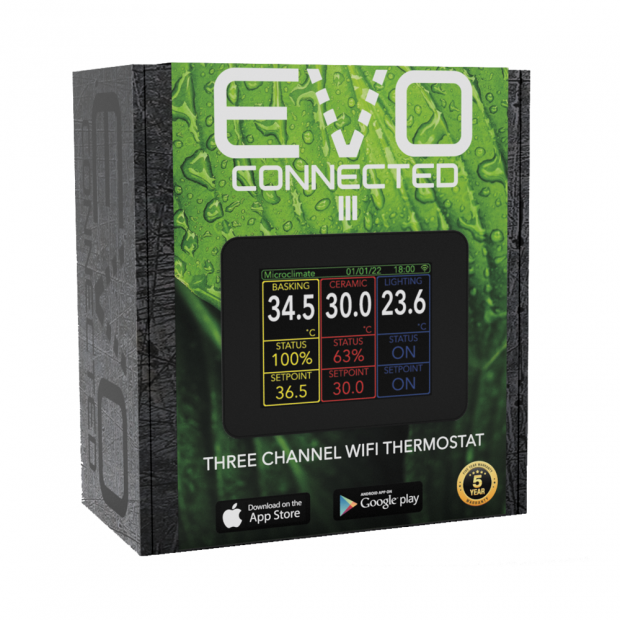












A tortoise is a type of reptile characterised by its protective shell, small, rounded head, and four stumpy legs. Not to be confused with turtles, tortoises live on land and have thicker, more rounded shells. There are roughly 50 species of tortoises alive today, some of which – like the Galapagos Tortoise - grow to lengths of 1.5m! The species that are often kept as pets, such as the Hermann’s Tortoise and the Horsefield Tortoise, don’t grow nearly as large and can be comfortably kept on a tortoise table indoors, or in a temporary tortoise enclosure outdoors.
On average, tortoises live for 80-150 years and are, therefore, quite the committment! They’re the longest-living, land-dwelling animals and some have been known to live for nearly two centuries. The oldest tortoise ever, a Seychelles Giant Tortoise known as ‘Jonathan’, is currently 191-years-old (as of 2024) and hatched all the way back in 1832 – before the reign of Queen Victoria! To ensure your tortoise lives a long and happy life, it's important that you create a suitable environment and provide it with all the necessary tortoise accessories, such as basking lights, water dishes, heat mats etc.

Tortoises are great for first-time reptile keepers as they don’t require lots of specialist care or equipment. That’s not to say that they don’t require any care, however, and it’s important that you thoroughly research how to look after your specific variety - whether it’s a Hermann’s Tortoise, a Horsefield Tortoise, or another species - before you purchase them.
Most types of tortoises should be kept on an open-topped tortoise table rather than an enclosed vivarium. They should also be provided with a source of UVB light and a designated basking spot that they can lounge in, soak up some UV rays, and protect themselves against health issues like metabolic bone disease (MBD). As herbivores, tortoises feed solely on plants and appreciate a varied diet of leafy greens, garden weeds, fruit, and vegetables. We stock a wide range of tortoise accessories here at Swell UK.